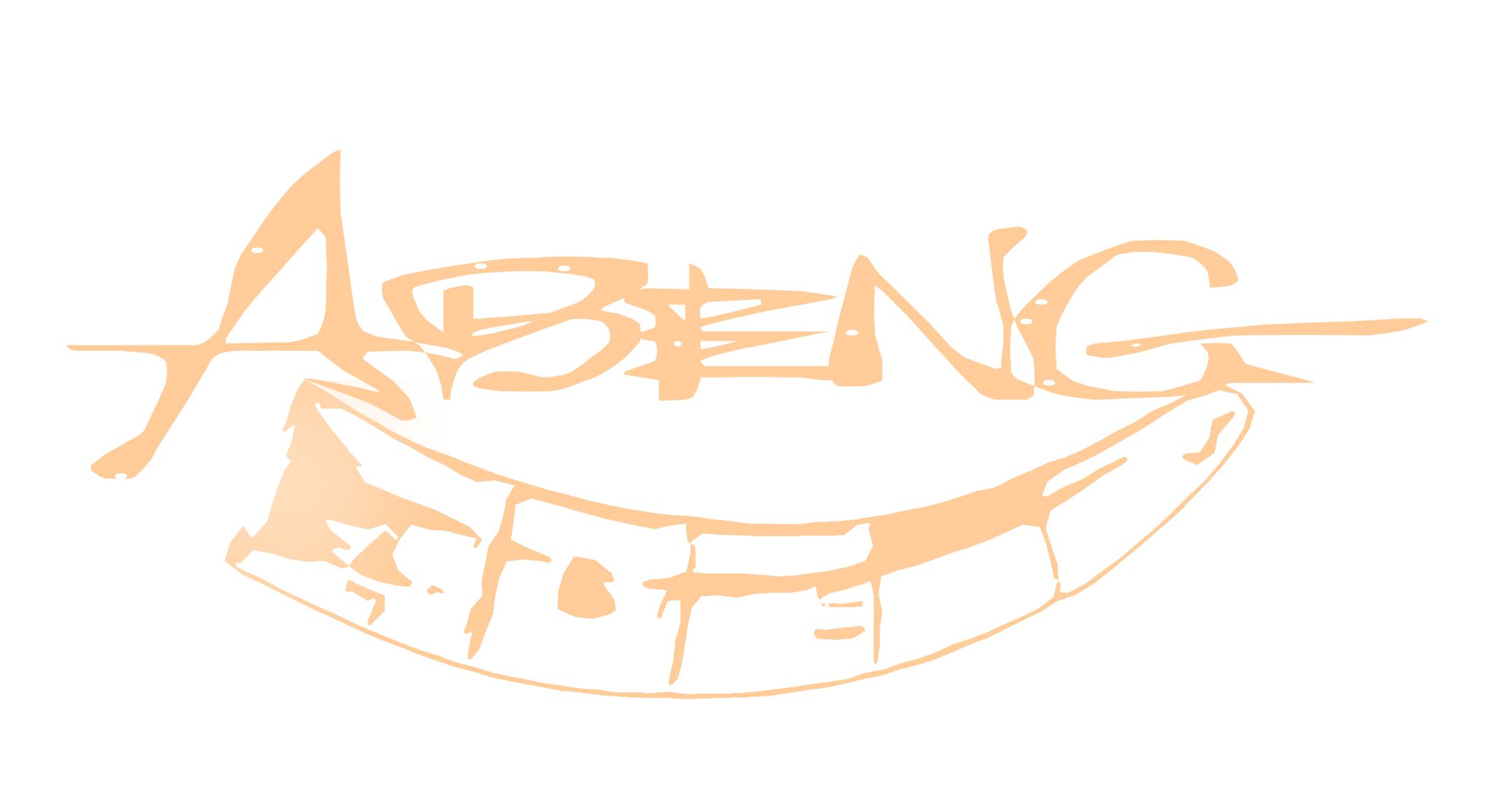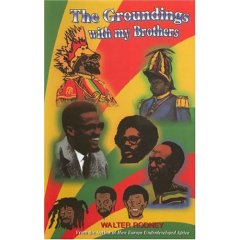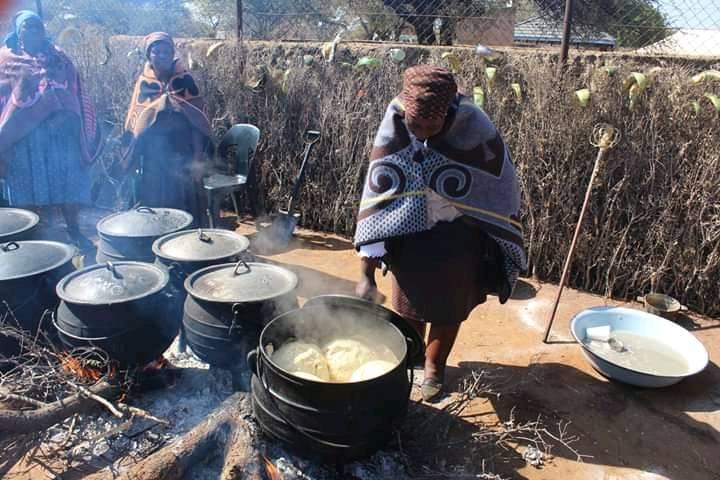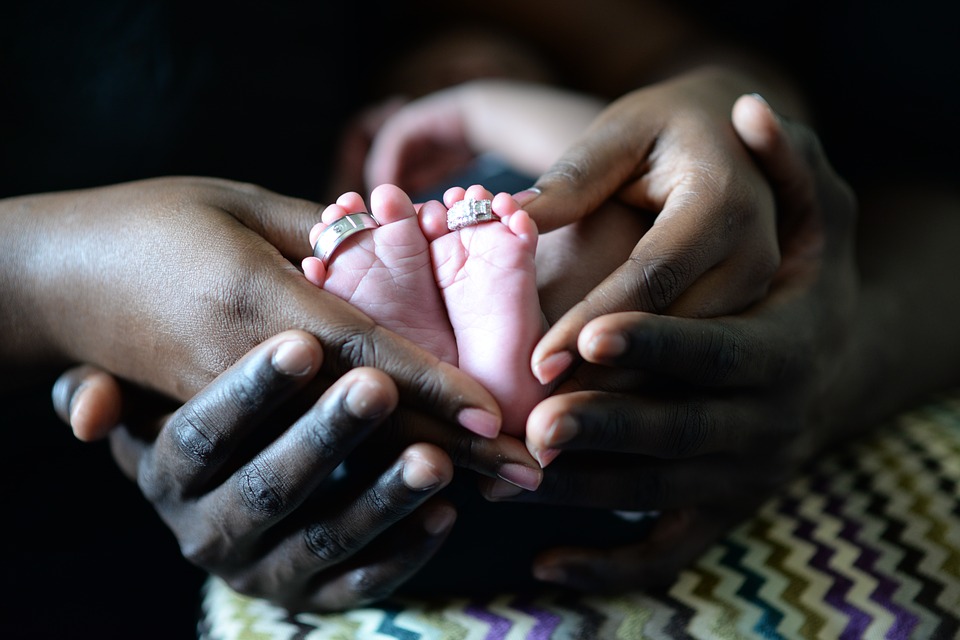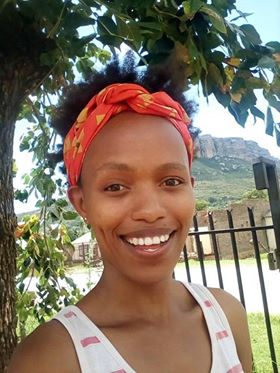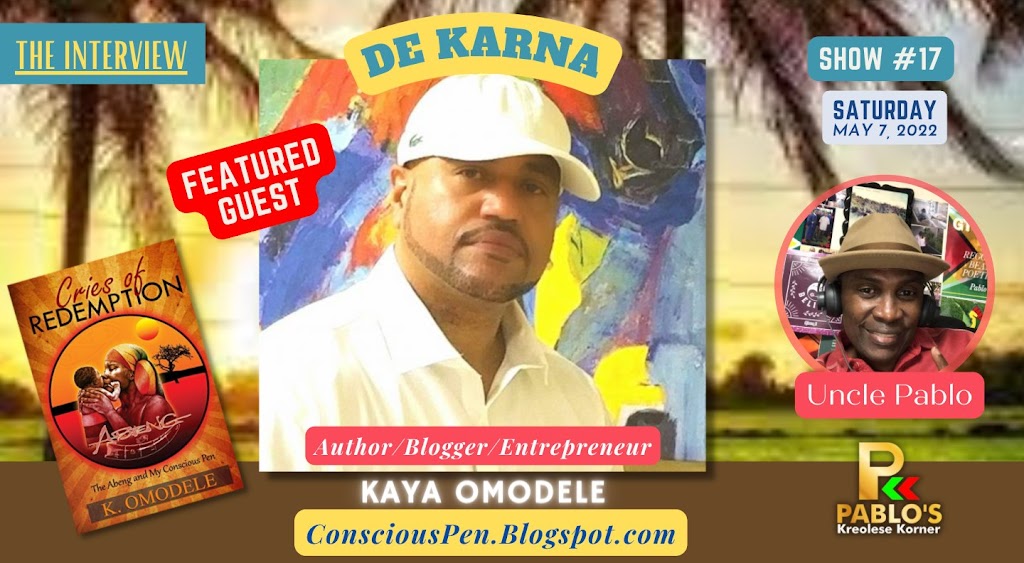How Bah-Pna Dahane Created The Quai54, Paris Streetball Tournament
by Kaya Omodele
Don’t get it twisted and damn what you heard: Bah-Pna Dahane is the originator, the fire-blazing creator of Quai54, Paris, France’s super-eminent street basketball tournament. Period. Born in Chad, Bah-Pna grew up in Lyon, France balling on various courts – swinging tennis racquets and shooting hoops. His love for sports would eventually lead him to earn a Masters degree in International Business and Marketing (he minored in Black Studies and Political Science) from Portland State University in Oregon in 1999. Education prepared Bah-Pna for the corporate sports marketing world and he’s travelled extensively; but no matter where in the world his ventures take him, this brother is constantly sounding the Abeng, voicing out against racism wherever he finds it. Armed with the knowledge and spirit of Marcus Garvey, the brother reaches out regularly to uplift the consciousness of brothers and sisters around the Black (African) Diaspora. Such was the case when he envisioned Quai54, Paris.
“France’s Racism is different than the United States’; France’s racism is more subtle…like a gas you can’t smell but will kill you slowly from the inside.”~ Bah-Pna
Being naturally athletic, at eleven years old Bah-Pna was selected as one of Lyon’s best, budding tennis players and was awarded membership at an exclusive tennis club. That same year, he discovered the works of Nelson Mandela and also met French Open Champion Yannick Noah; both made big impressions on the Youth.
“Being the only black kid at the tennis club, I will never forget the special attention Yannick Noah gave me. That day in 1986, when he left us he waved good-bye to everyone, except me. He shook my hand, entered his car and winked at me before leaving.”
This experience sowed the seed of giving back to his community that would later blossom beautifully in Bah-Pna’s life.
Not long after, Bah-Pna developed a burning passion for basketball, which opened him to politically-conscious hip-hop and in turn, exposed him to film-maker Spike Lee’s work, for which he has deep, long-lasting respect. Bah-Pna insists that after seeing Do The Right Thing, one can’t help but be politically conscious.
As a young man in France, he promptly scrutinized any corporate staff he found short on black employees and executives. The brother blatantly refused to work for or support those companies where he found little or no blacks in the work force.
“I felt the same way as Bugging Out in Do The Right Thing. Where are black people besides the security guards?…
“You feel outraged when you are regularly referred [to] as ‘black, but not like other blacks.’ In France that statement means you are a sell-out, actually!”
Like many black, inner-city youth, Bah-Pna spent long hours practicing on basketball courts with dreams of making it to the NBA. It was during one of these sessions in 1995, the very day he realized his dream of playing in the League was falling short, that he linked up with Philippe Morin. The Nike executive was promoting the Nike Raid Outdoor Tournament, which duplicated the theme of Spike Lee’s Urban Jungle sneaker commercial. Since Bah-Pna had an already growing admiration for Spike, he was naturally drawn to the project.
 |
| Bah-Pna balling with Tim Hardaway |
“I teamed up with Nike France only because the Nike Raid Outdoor Tournament was inspired by Spike Lee’s Urban Jungle court featuring Tim Hardaway…
“…most importantly for many of us who grew up with the knowledge of Marcus Garvey, we were proud that the pan-African [flag] colors were showing up on the Raid Outdoor sneakers. Growing up with conscious rap music, we blacks from the African Diaspora living in France had a voice and we were able to back it up with the history lessons coming from rap artists like Public Enemy…In most schools in France, we weren’t taught about our real history, so those conscious rap artists influenced us to go to the libraries in order to build and strengthen our pride as human beings and people of black origin.”
Working in sports marketing with Nike France led to future projects such as the Nike Euro Camp where Bah-Pna worked under the legendary Hall of Fame basketball coach George Raveling in 1997. By the time the Nike Battleground Tournament was up and running in 2002, Bah-Pna had graduated from Portland State and was Nike France’s Basketball Marketing Manager, handling all aspects of business and marketing concerning basketball; he’d already worked with Coca-Cola France as a sports marketing consultant/liaison during the FIFA World Cup ’98 in France; he’d created, coordinated and promoted a charity event called SLAM ATTITUDE from which proceeds were contributed to funding Dikembe Mutombo’s hospital in the Democratic Republic of Congo. All these gigs gave Bah-Pna the necessary experience and contacts, and whetted his appetite, to birth his very own tournament.
The Quai54, Paris: The Mission
“Do not follow in the footsteps of the wise; seek what they sought.”~ Osho
For this natural-born activist and socially-conscious brother, creating the basketball tournament that would one day be France’s biggest street ball showcase was a social vision as complex as piecing together a 1000-piece, jigsaw puzzle.
“What many may have seen as a simple basketball tournament was for me a real political statement…My goal was to engineer an event created by blacks and operated by blacks, so we could have a real, black men-made event without begging others to do it for us.”
It took many months of brainstorming; he knew he wanted this tournament to be black-owned but had no theme yet in mind. Then one day in 2002, while driving through Levallois with Philippe Morin (the now former Nike executive) to meet with the Paris basketball team, they passed a basketball court that became the catalyst for Bah-Pna’s epiphany.
“My first time in NY was in 1995 when I won an award to go film my amateur documentary [about] the impact of street basketball in the U.S.A. When we drove past this location in Levallois, it reminded me of New York City…”
The street basketball-theme light flicked on. Bright.
“I drove back to the same playground the next day and started taking pictures. I sat down and I laid out all my inspiration. I started drawing certain logos and promised myself this tournament would be a success the day Jordan Brand sponsors it.”
Bah-Pna’s major concern was that the tournament had to be black-people oriented; that it must be a beacon for self-reliance of young, black men in France, to “show the white establishment of sports authority that we were more than just sneaker consumers with a bling-bling mentality.”
Teach the Youth, Bahps…Talk to them!
With his objectives loaded in his mind, Bah-Pna took careful aim of his goal. He sought out the elders in his business and personal network and soaked in the wisdom they imparted upon him.
Ralph “Big Poppa” Green delivered an email during a meeting at Nike Headquarters in the Netherlands. “Watch out for Africa,” the big man said, then shared stories about NBA great Hakeem Olajuwon struggling to complete projects in Nigeria.
Howard White and Kevin “The Katalyst” Carrol both reminded young Bah-Pna to give back to the community. Always!
When Bah-Pna travelled once again to NYC, Rucker Park Tournament’s Gregory Marius kicked knowledge, telling him, “Stay true to yourself and they will follow!”
“Lead them from the back; let others believe they are in front.”~ Nelson Mandela
From its inception, every detail of Quai54, Paris was a result of Bah-Pna’s diligence and strategic planning. He designed down to the name itself. Each component was carefully considered, then laid and stitched with deliberate purpose and meaning. For example, the name “Quai54” itself: Africa consisted of 54 independent countries; Quai means pier or port. “As many know, during the Second World War, the capital of France was in Africa for some time. Black soldiers came from all ports to defend France from the tyranny of Nazism.”
Bah-Pna kept tight focus on his mission and goal when he sought initial sponsorship. In his own words, he wanted to make sure the first sponsorship money would come from black-owned companies, and the remainder by anyone who believed in the cause of Black excellence. He was certain that if he gathered enough sponsorship money, he’d still be able to run the tournament if he fell short of landing a major brand’s support.
Once Bah-Pna had gathered everything he needed, he searched for someone to run the tournament – he needed a face, a front man. Eventually, he reached out to Philippe Saint and Jackie Blangonnet, who were both running the “Basketball en liberty” program.
“Philippe Saint was working for the French Basketball Federation. He was dealing with street basketball and was running this open gym in Paris’ 13th district where everyone can go and play every day. I contacted him and told him clearly that I was looking for a young African man who loves basketball and hip-hop so he can be [my] front man.”
Philippe Saint got back to Bah-Pna with the name of a player who was connected with hip-hop culture, adding that he could swing by the Porte de Choisy at the Hall Carpentier anytime after 6pm for a linkup introduction.
That’s how Bah-Pna met Hammadoun Sidibe, the man who became the front man of Quai54, Paris.
Bah-Pna says:
“At the time I was working on the Nike Battleground [tournament] with Tony Parker and for the Nike account, so I couldn’t run two events at the same time. When Mr. Saint introduced me to a fellow African [Sidibe], I explained to him that he would be the front man and all he had to do was connect the dots, the hip-hop environment and the basketball one and just carry the tournament as if it was his. All the marketing mix and connections with the officials and the brand was me, because my job at Nike opened many doors…
“It was important to me that black people take their destiny in hand even if it is a tournament.”
“Hypocrites and parasites/will come up and take a bite/and if your night should turn to day/a lot of people would run away…”~Bob Marley; Who The Cap Fits
History is a carousel; there is nothing new under the sun. As was the case with Marcus Garvey’s UNIA, some people only care about what they can get from a situation and so one must be careful about those he invites to his table. Like Garvey, Bah-Pna made the grave mistake of bringing the wrong, so-called African brother into his organization and giving this Judas-thief access. (Editor’s Note: This man was not Hammadoun Sidibe; Bah-Pna has not revealed the name of this person to The Abeng.)
When asked why he no longer is part of a tournament he bled, sweated and shed tears over, why he didn’t claim it, Bah-Pna responded.
“I had to take responsibility because the person I chose as the Chief Financial Officer ran away with the money. I had no choice than to take responsibility for the loss…
“I should have told the bank that we needed two signatures on the checks for all expenses. I didn’t take care of that, so when cash from the sponsors came in, he took most of it and went back to the Motherland with his honey. Life happens, we live and learn…
“I couldn’t fight my own black brothers…I decided not to argue and gave the ones I considered co-founders all of it. It was important to have this kind of reaction because we were all interdependent. I was the breadwinner at first, but without their input and connections, we wouldn’t have been able to maintain the tournament all these years.”
And so, without grudge or vindictive feelings, Bah-Pna relinquished his rights to Quai54.
Bah-Pna reiterates that his purpose in creating Quai54 was to show young black men in France, who believed in “the illusion of inclusion”, that they could stand on their own two feet, deliver and be “accepted at our real value”. He is adamant about the need for black people to hold ourselves in high esteem and value ourselves as more than consumers; that we see ourselves as creators, entrepreneurs, rulers of our own destinies.
“I wanted this tournament to create hope, so the black kids in France would find inspiration to become general managers, film makers or think in terms of becoming owners…
“Many blacks in France still have a sneaker mentality. You are more praised for the sneaker you have than the books. You are likely to find their room full of sneakers but no library with books.”
